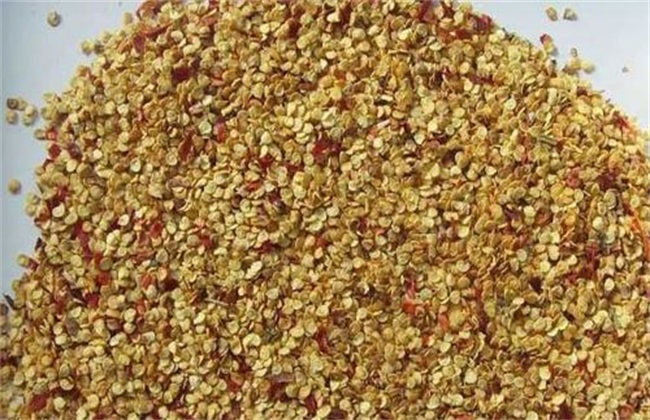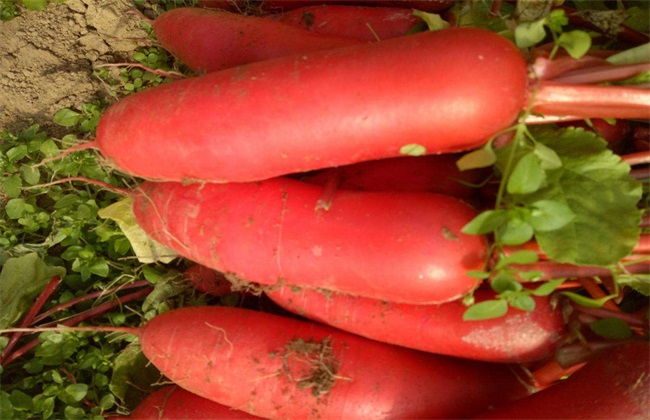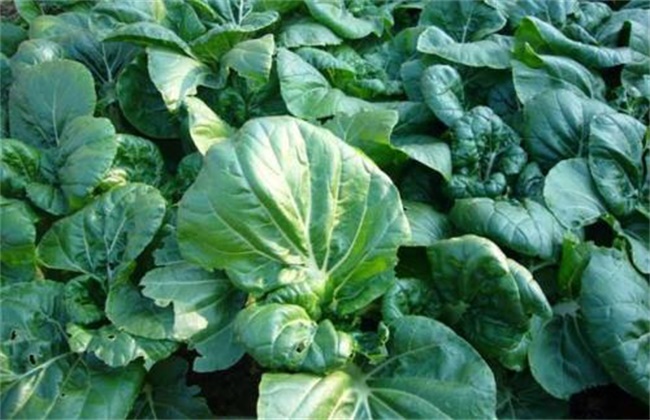Planting Technology and Management of Pepper
Pepper has a large planting area in China, and pepper is very popular in many provinces, such as Hunan, Sichuan and so on. The annual sales of hot pepper is relatively large, and its economic value is still considerable. So now the planting area is also expanding, so how to grow chili exactly? How to manage it? The following editor will give you a brief introduction, let's have a look!

1. Prepare before sowing
First of all, we have to control the sowing rate, the amount of seed used per mu is about 50 grams. Then soak the seeds in clean water for about 3 hours. Then use agricultural streptomycin and other agents for disinfection, after disinfection, clean the seeds can be sown. Then we should also pay attention to the allocation of seedling nutrition soil, to pastoral soil and farm manure for mixing, but also appropriate to add carbendazim and other agents. After preparation, pour through the water, then cover a layer of fine soil, and then sow properly, and then cover the seeds with a layer of fine soil after sowing to improve the soil moisture conservation capacity.
2. Timely planting
The planting of pepper seedlings depends on the soil temperature, which is generally planted when the soil temperature is above 15 degrees. Should not be planted prematurely, if the planting is too early, the soil temperature will not rise again, which will inhibit the growth of pepper seedlings and cause adverse phenomena such as falling flowers and fruits. When planting, we should control the planting density and adjust it according to the variety. For example, the row spacing of early-maturing varieties is controlled at about 45cm, and the plant spacing is kept at about 30cm. The plant-row spacing of late-maturing varieties should be increased by about 25cm. The final planting time should be in sunny days, preferably in the afternoon, so as to facilitate seedling pulling.
3. Water and fertilizer management
After planting, we should apply seedling fertilizer properly, not too much, otherwise pepper seedlings are prone to overgrowth and delay the flowering and fruiting stage. After the first and second layers of the plant bear fruit, it is necessary to increase the amount of topdressing to provide nutrition for the expansion of pepper fruit. After entering the harvest period, it is necessary to ensure that there is sufficient fertilizer moisture. When we are watering, we should adjust the irrigation time and amount according to the weather, soil and other factors. If you encounter the rainy season, then timely drainage, otherwise it is very easy to appear the phenomenon of fallen leaves and dead plants.
4. Ploughing and weeding
After the pepper seedlings are planted and survived, we should pay attention to the management of intertillage and weeding. After planting, the soil should be ploughed once to improve the permeability of the soil and break the consolidation. Then after the plant began to grow, increase the intensity of intertillage to promote the root growth of the plant. Before closing the bank, the last ploughing should be carried out. Mid-tillage can not only improve the structure of soil and promote the growth of pepper, but also achieve the purpose of weeding, avoid weeds affecting the growth of pepper seedlings and reduce yield.
The above is a brief introduction of pepper planting technology and management. In fact, the planting technology of pepper is relatively simple, and the main thing is to do a good job of management to ensure the normal growth of pepper. That's all for today's introduction. This article is for reference only. I hope it can help you all.
Related
- Where is it suitable to grow horseradish in China? it is expected to see the middle altitude horseradish in Alishan.
- How to prevent tomato virus disease reasonably? (Control methods included)
- Many people like to plant towel gourd on the balcony. What are the main points of this method and management?
- What crops can chili peppers be mixed with?
- Fertilization techniques and matters needing attention in Tomato
- What are the grafting techniques for peach seedlings in spring?
- Harm and control methods of root swelling disease of Chinese cabbage
- What are the pests of sweet potatoes? How to prevent and cure it?
- Symptoms, causes and Control methods of navel Rot in Tomato
- The cause of "Cucumber rotten bibcock" in Farmers' planting Cucumber and its Control Plan



